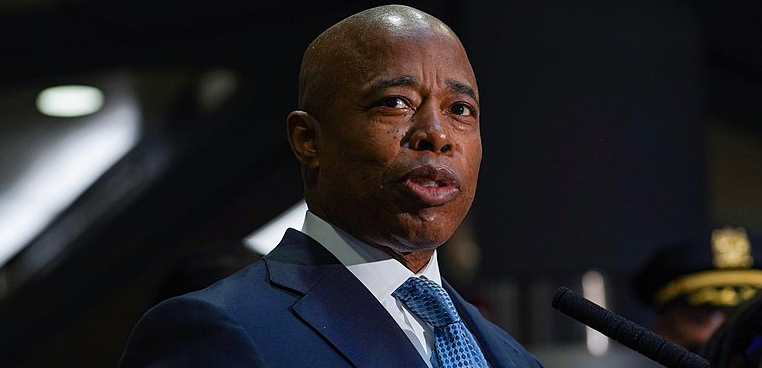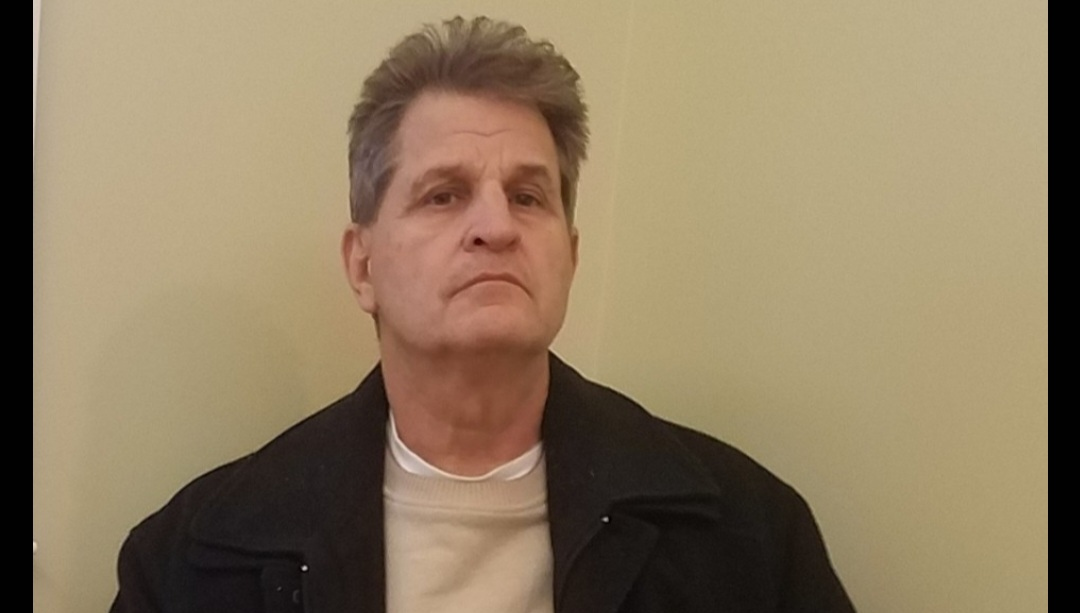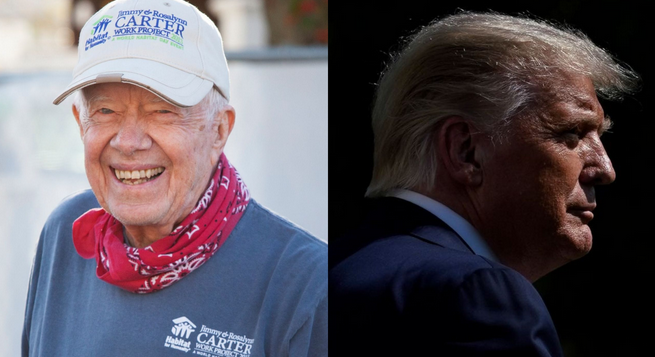Ron Dellums. Photo–wikimedia.commons
[Tribute To A Justice Fighter]
From the outside looking in, my interest in public service may appear preordained. I grew up during the height of the civil rights movement. I was as familiar with the names and achievements of civil rights heroes as sports fans are of their favorite teams and players. I was raised by activists. My father, Ernest “Dutch” Morial, who served as the first African-American mayor of New Orleans, and my mother, Sybil Morial, an author and unflagging advocate for justice, made sure to teach and instill progressive social values in our home–and then I met Ron Dellums.
I was 13 years old when I first saw Dellums speak at the Bright Hope Baptist Church in Philadelphia. From that day on, he became a role model to me, and as I am sure many would attest, Dellums became—and will remain—a role model for many up and coming elected officials. He was a larger than life figure—a former Marine who unwaveringly championed peace. Dellums was infamously relentless in his pursuit of justice and was respected by his colleagues and constituents alike for that powerful combination of passion and principles that guided his decades-long advocacy work.
Ronald Vernie Dellums, who died on July 30, was born on November 24, 1935 in Oakland, California, and like me, he was raised in a family that was no stranger to social justice. His father, Terry Dellums, once worked as a sleeping car porter before he became a longshoreman. His uncle was an organizer for the Brotherhood of Sleeping Car Porters, a labor organization founded by civil rights activist A. Philip Randolph.
After joining the Marine Corps., and later obtaining his master’s in social work, Dellums began working in the Bay Area’s poorest neighborhoods, becoming well-versed in the daily and systemic injustices born from racism and neglect. This experience prepared him for a political career that would span four decades. During that time, he would earn a place on President Richard Nixon’s “enemies list,” he would play a critical role in the establishment of the Congressional Black Caucus, and he would witness the dismantling of the brutal regime of apartheid in South Africa.
A successful run for a seat on the Berkeley city council set the stage for his next campaign. Dellums was recruited by anti-Vietnam war activists to run for the House of Representatives. It was during this campaign that President Nixon’s White House branded Dellums “an out and out radical”—a badge he wore with honor.
Dellums once said: “If being an advocate of peace, justice and humanity toward all human beings is radical, then I’m glad to be called radical.”
Presidential animus aside, Dellums won and served in his seat for an uninterrupted 27 years, making history as northern California’s first Black congressman. During his 13 consecutive terms, Dellums chaired the House Committee on the District of Columbia and despite being a well-known pacifist, he chaired the Armed Services Committee, becoming the first African-American and anti-war activist to hold the position.
Dellums’ campaign against oppression and his fight for racial justice extended to the plight of Black and Brown people abroad. As a leader in the Free South Africa movement, he wrote and sponsored legislation for the Anti-Apartheid Act of 1986, which called for economic sanctions and trade embargoes against the apartheid regime in South Africa. The legislation passed despite a veto from President Ronald Regan, and South Africa repealed its apartheid laws in 1991.
In 1998, Dellums retired from Congress. He ran a lobbying firm after retirement but returned to politics in 2006. The native-born son of Oakland returned to serve as his beloved city’s mayor, serving from 2007 to 2011.
Dellums’ public service was guided by a simple philosophy. Senator Barbara Lee, who interned for Dellums and later succeeded him after his retirement from Congress, recalled that when it came time to make any decision, “He would say that the only question we should ask when we made decisions about anything is: ‘Is this the right thing to do?’ Don’t ask about political expedience.”
Dellums was a fighter. In his autobiography he recalls a day he fought another student for calling him a slur. He took that fighting spirit and his distaste for injustice to the corridors of power in Congress and City Hall and now may he rest in power.
Marc H. Morial
President and CEO
National Urban League








